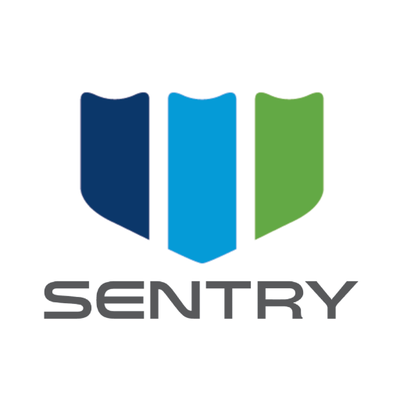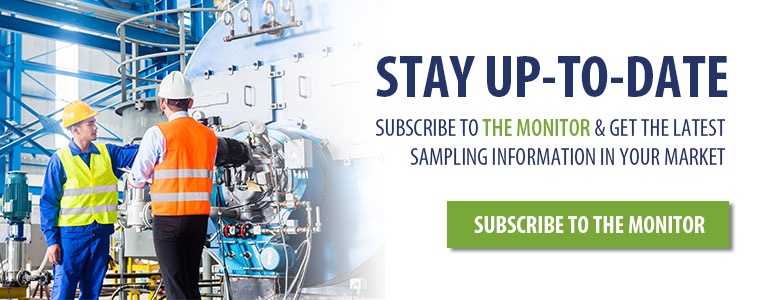
A progressive new water treatment project near Milwaukee, WI, will help address wastewater overflows during heavy weather events, a growing concern for many municipalities. The project centers on a proactive and cost-effective solution to benefit water quality throughout the Milwaukee area and entire Great Lakes region.
Many cities and municipalities utilize combined sewer systems to collect rainwater and snow-melt runoff, household sewage, and industrial wastewater in one pipe for efficient treatment and discharge. Most of the time, this combined wastewater is transported to a sewage treatment plant, where it’s treated before being safely discharged into a nearby body of water.
But during periods of heavy precipitation, the sewer system or treatment plant can be overwhelmed with a high volume of wastewater. This can lead to overflows, where a system discharges excess wastewater directly into bodies of water before treatment, or basement backups, where contaminated water floods the basements of residential and commercial spaces. This raw wastewater often contains untreated human and industrial waste, toxic materials and debris that can be harmful to people and the environment. These overflows are a major water pollution concern for approximately 772 cities in the U.S.
Case study: Reducing Milwaukee overflows with new technology
The Milwaukee Metropolitan Sewerage District (MMSD) sits on the Wisconsin shores of Lake Michigan. This regional government agency is tasked with providing safe water for about 1.1 million people in 28 communities in the Greater Milwaukee Area.
When too much rain or snowmelt enters the sewer system, MMSD diverts sewage to the Deep Tunnel, an underground water storage system with 521 million gallons of capacity. However, the sewerage system can still become rapidly overburdened during intense precipitation events and send excess water to the nearest river through an outfall to avoid harmful basement backups. The MMSD has invested more than $4 billion to reduce sewer overflows from 8 billion to 9 billion gallons of sewage every year in the early 1990s to just 563 million gallons in 2019.
But overflows are still a concern for the MMSD and the entire region. That’s why the agency will invest an additional $1.5 billion through 2025 in clean water infrastructure, flood management and debt financing to help protect public health and Lake Michigan.
In addition, a new pilot project planned for early 2020 at the South Shore Water Reclamation Facility in Oak Creek, WI, will help the MMSD ensure clean water for millions of area residents.
Located just south of Milwaukee, South Shore creates energy using anaerobic digesters to turn organic material into methane gas, which is collected and burned to produce electricity.
This project will bring to the facility an advanced, high-rate wet weather treatment system that aims to eliminate sewer overflows and basement backups during high-intensity precipitation events. It combines high-rate treatment processes to achieve the same or better water quality than conventional wastewater treatment in a fraction of the time – just 30 minutes compared to the traditional 8-14 hours.
This technology is intended to be used for end-of-pipe treatment at sewer outfalls during high-intensity precipitation events, at treatment plants for overburden control and as a mobile unit for disaster relief/recovery efforts.
Developed in partnership with Paige Peters, founder and CEO of Rapid Radicals Technology, and Dr. Dan Zitomer, a civil and environmental engineering professor and the Director of the Water Quality Center at Marquette University in Milwaukee, the pilot project brings together innovative technology, private and public collaboration and widespread community support.
0 Overflows by 2025
The MMSD projects that this system will help achieve its goal of 0 overflows by 2025.
This will allow the MMSD – and future facilities – to respond quickly to potential overflow situations, which could positively impact damage to homes and businesses as well as any necessary rebuilding efforts. It also has nationwide implications, with the potential to alleviate potentially catastrophic impacts to waterways as climate change continues to affect weather patterns and water volume that treatment plants need to process.
This project is just one example of how the water treatment industry is working to develop innovative yet cost-effective solutions to ensure water quality for millions of people. Sentry Equipment is proud to partner with Rapid Radicals Technology and Marquette University to make this project a reality for Milwaukee and the entire Great Lakes region.




